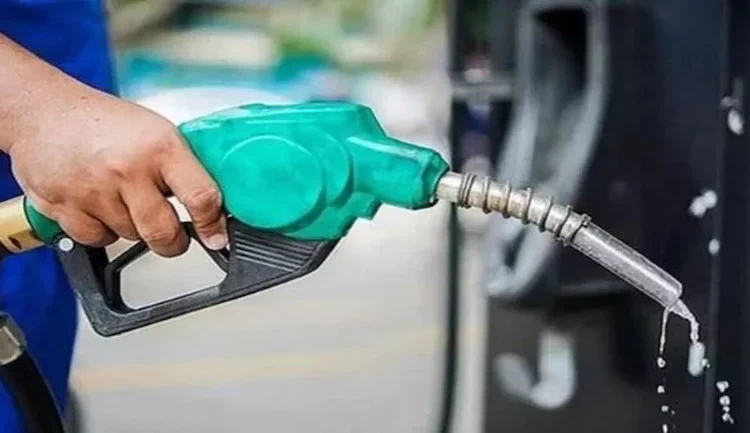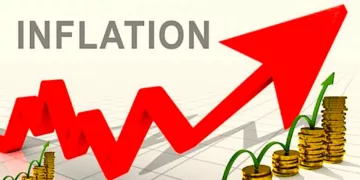The International Energy Agency(IEA) has advised that fuel subsidies should be eliminated, particularly, in emerging economies like Nigeria that depend heavily on energy resources.
The IEA stated that, inefficient fossil fuel subsidies are a significant barrier to a more sustainable future in its October 2022 World Energy Outlook (WEO).
Although it is socially necessary to safeguard society’s most vulnerable members, the report pointed out that, one of the most obvious disadvantages of fossil fuel usage subsidies is the financial burden that it places on nations.
Therefore, nations must end wasteful fuel subsidies in order to secure their energy transition. Fuel subsidy payments increased between 2021 and 2022 after a substantial decline in 2020.
In 2020, the fall in fossil fuel prices and overall energy use brought the value of fossil fuel consumption subsidies down to a record low of about USD 180 billion, down 40 per cent from 2019 levels. This is the lowest annual figure since we started tracking these subsidies in 2007.
But subsidies stormed back in 2021 to $440 billion almost back to 2018 levels as energy prices and use rebounded, and as policy makers were hesitant to continue reforming subsidy schemes during such an uncertain economic recovery.
The IEA has long advocated removing or at least reducing fossil fuel subsidies because they distort markets, send the wrong price signals to users, widen fiscal deficits in developing economies, and discourage the adoption of cleaner renewable energies.
Their expansion is particularly worrying at a time when we should be redoubling efforts to cut wasteful consumption and accelerate clean energy transitions.
The IEA contends that governments must take advantage of the enormous market resources and encourage private actors to participate. Governments must establish long-term market frameworks that are predictable, stable, and serve their objectives.
According to the IEA, increased consumer protection measures during the energy crisis and high fossil fuel prices could result in a further steep increase in fossil fuel subsidies in 2022.
“Subsidies are not a specific budget item but rather the potential cost of lost revenue in nations that export gasoline. The less obvious costs are seen in the way government subsidies promote excessive fossil fuel usage and the warped investment incentives they create,” it pointed out.
The IEA advised the government to invest in clean energy technology innovation and early-stage implementation in order to safeguard the energy transition of resource-dependent nations like Nigeria.
In particular, during periods of high and fluctuating fuel costs, different Nigerian governments have struggled to end the country’s fuel subsidy.
According to the minister of Finance, Budget, and National Planning, Zainab Ahmed, the federal government spends over N18.39 billion each day on fuel subsidy payments.
President Muhammadu Buhari, had disclosed that petroleum subsidy payments would stop after HI/2023 when he would leave office as president, but it scheduled N3.6 trillion for fuel subsidy payments for the first half of 2023 in the proposed budget breakdown.
We’ve got the edge. Get real-time reports, breaking scoops, and exclusive angles delivered straight to your phone. Don’t settle for stale news. Join LEADERSHIP NEWS on WhatsApp for 24/7 updates →
Join Our WhatsApp Channel









